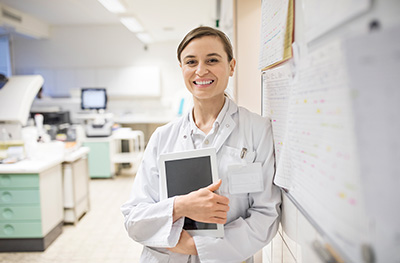Connecting and collaborating with peers has taken a different form in the past two months, and most admitted it can be harder at times to feel engaged with each other. Without face-to-face interactions, there can be less dialogue and feedback, leaving quick questions to feel like an inconvenience.
While competing priorities mean the line between “work” and “home” life is blurred, some have been able to see the silver lining in the transition to working from home. It has given many the opportunity to examine current processes and standard operating procedures and determine ways to improve.
“We’ve been trying to become much less paper-driven, and this has kind of forced everybody to see that we really can do that,” said Jennifer Mills, University of Alabama.
Others have seen communication actually improve through team-wide implementation of tools like Zoom, Microsoft Teams, and Skype for Business. Recording video calls and sharing as follow up has been helpful for Bruce Kennedy and his team at Chapman University.
Leslie Ingram from University of Memphis shared her success story of being able to quickly train a colleague over the phone. “I walked somebody who had never used Sponsored Projects before through putting in a proposal. I followed along in the test environment, and she was able to get it done. No problem!”
Interestingly, 58% of coffee talk participants said managing people and teams has been the same, easier, or much easier in the past two months. While in person face-to-face interaction is on hold, some participants mentioned feeling closer to colleagues than before.
“We’re getting to know each other a little bit better than before because we’re seeing people’s home environments and their kids and their cats,” said Michael Gabbard, University of Kentucky.
Vibeke Svensson from American University said that historically, it had been a struggle to organize social gatherings, but with everyone working from home, the team introduced weekly virtual happy hours to connect with each other. From discussing pictures around their homes to sharing childhood photos, they have been able to get to know each other in ways that might not have been possible in the office.
Working from home has been a major transition for everyone, but over coffee with our customers, we were able to share common challenges and most of all some positivity during a stressful time.


